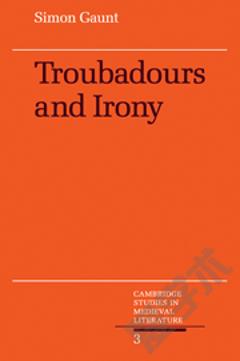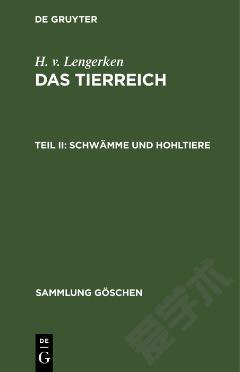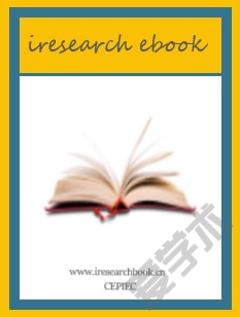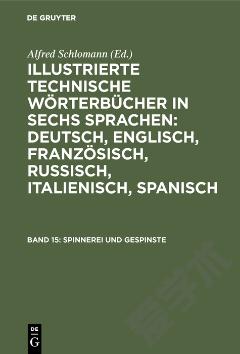Troubadours and Irony
From Petrarch and Dante to Pound and Eliot, the influence of the troubadours on European poetry has been profound. They have rightly stimulated a vast amount of critical writing, but the majority of modern critics see the troubadour tradition as a corpus of earnestly serious and confessional love poetry, with little or no humour. Troubadours and Irony re-examines the work of five early troubadours, namely Marcabru, Bernart Marti, Peire d'Alvernha, Raimbaut d'Aurenga and Giraut de Borneil, to argue that the courtly poetry of southern France in the twelfth century was permeated with irony and that many troubadour songs were playful, laced with humorous sexual innuendo and far from serious; attention is also drawn to the large corpus of texts that are not love poems, but comic or satirical songs.
{{comment.content}}








 京公网安备 11010802027623号
京公网安备 11010802027623号